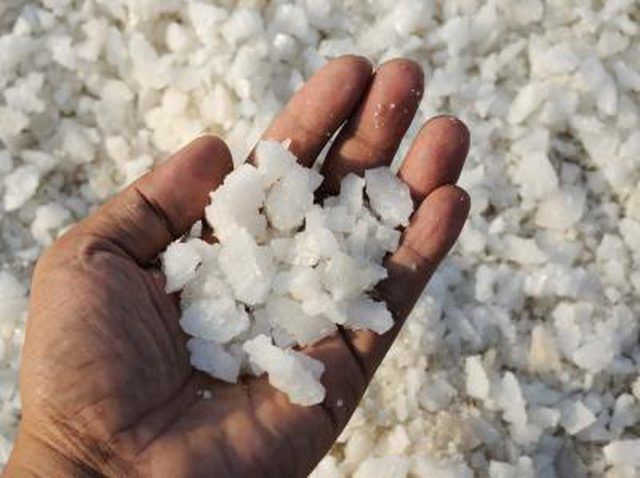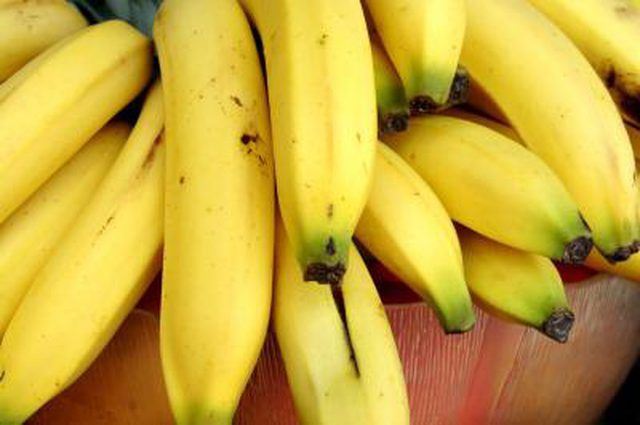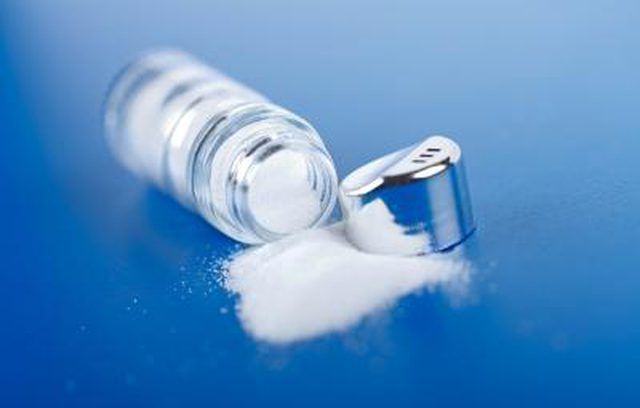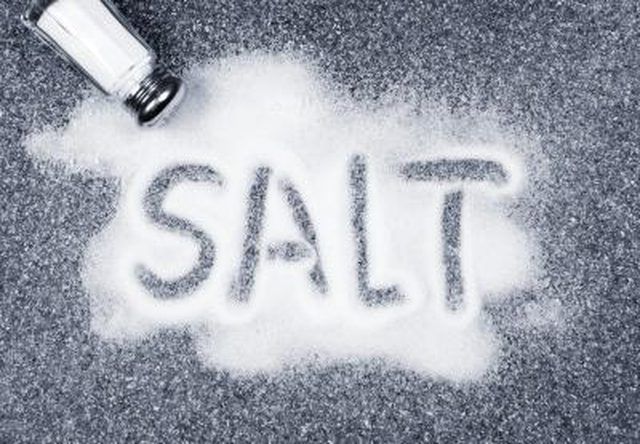Bulbs
Flower Basics
Flower Beds & Specialty Gardens
Flower Garden
Garden Furniture
Garden Gnomes
Garden Seeds
Garden Sheds
Garden Statues
Garden Tools & Supplies
Gardening Basics
Green & Organic
Groundcovers & Vines
Growing Annuals
Growing Basil
Growing Beans
Growing Berries
Growing Blueberries
Growing Cactus
Growing Corn
Growing Cotton
Growing Edibles
Growing Flowers
Growing Garlic
Growing Grapes
Growing Grass
Growing Herbs
Growing Jasmine
Growing Mint
Growing Mushrooms
Orchids
Growing Peanuts
Growing Perennials
Growing Plants
Growing Rosemary
Growing Roses
Growing Strawberries
Growing Sunflowers
Growing Thyme
Growing Tomatoes
Growing Tulips
Growing Vegetables
Herb Basics
Herb Garden
Indoor Growing
Landscaping Basics
Landscaping Patios
Landscaping Plants
Landscaping Shrubs
Landscaping Trees
Landscaping Walks & Pathways
Lawn Basics
Lawn Maintenance
Lawn Mowers
Lawn Ornaments
Lawn Planting
Lawn Tools
Outdoor Growing
Overall Landscape Planning
Pests, Weeds & Problems
Plant Basics
Rock Garden
Rose Garden
Shrubs
Soil
Specialty Gardens
Trees
Vegetable Garden
Yard Maintenance
Uses for Potassium Chloride
Uses for Potassium Chloride. Potassium chloride is classified as a metal halide salt that in its pure state is odorless. Potassium chloride is a white or colorless crystal that is made up of potassium and chlorine. It has a number of uses around the home and in industrial settings.
Potassium chloride is classified as a metal halide salt that in its pure state is odorless. Potassium chloride is a white or colorless crystal that is made up of potassium and chlorine. It has a number of uses around the home and in industrial settings.

Potassium is a mineral used by the body to maintain good health. It is especially important in maintaining a healthy beating heart. Low levels of potassium (hypokalemia) in the body can be caused by certain medicines or from a prolonged sickness associated with vomiting and diarrhea. Hypokalemia is treated with potassium supplements to raise the levels of the mineral in the body.

Sodium chloride is often used to soften and treat water in both residential and commercial settings. Potassium chloride can replace sodium in water softeners, reducing the amount of sodium released into household supplies of drinking water. Using potassium chloride raises levels of potassium in drinking water reducing the risk of hypokalemia. In agricultural settings, potassium in the water supply acts as an important food source for plants and reduces the amount of sodium in the drinking water of animals.

As salt is extremely harmful in excess, potassium is often used as a substitute for sodium. Salt advertised as low sodium is usually a mix of sodium and potassium while salt advertised as sodium-free is commonly made up of potassium chloride. The downside of using potassium chloride as a salt substitute is that it is also harmful when consumed in large quantities. People who suffer from kidney problems can find it difficult to expel large quantities of potassium chloride form their bodies.

A popular mineral with many uses, potassium chloride has many industrial uses. Potassium chloride is used as a flux agent in casting metal and as a flux ingredient for welding and soldering metals. Antifreeze products often feature potassium chloride as an ingredient. The mineralís importance in growing healthy plants has also made it a popular ingredient in fertilizers.

Lethal injection is used in many states of the U.S. as a form of capital punishment. Three chemicals are administered in lethal injection executions: sodium thiopental, pancuronium bromide and potassium chloride. Sodium thiopental is used as a fast-acting anesthetic, pancuronium bromide is then administered as a paralyzing agent before potassium chloride is used to stop the heart while producing extreme pain.
